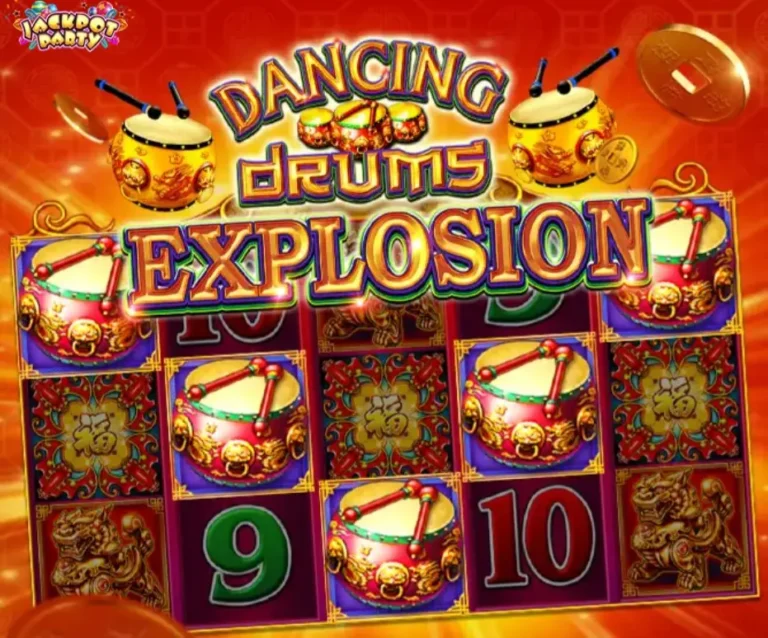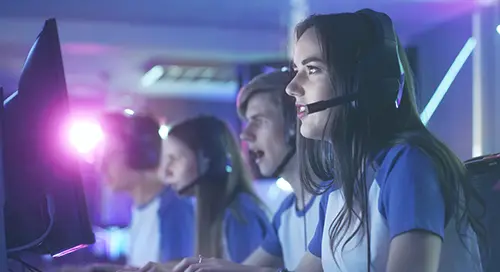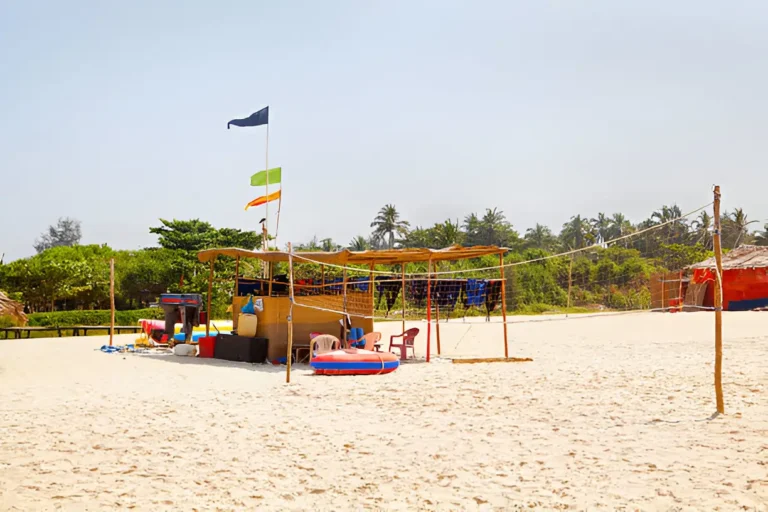Goa Games: Celebrating the Spirit of Play in the Pearl of the Orient
Goa, often hailed as the “Pearl of the Orient,” is world-renowned for its pristine beaches, vibrant culture, and historic Portuguese influence. But beyond its scenic beauty and festive spirit lies a rich tradition of games and sports that have been an integral part of Goan life for centuries. These games, both traditional and modern, reflect the state’s unique cultural tapestry and the community’s love for play and competition.
This article explores the diverse landscape of Goa Games — from indigenous traditional sports to contemporary competitive events — revealing how play continues to shape social life and cultural identity in this coastal paradise.
The Cultural Tapestry of Goa’s Traditional Games
Goa’s history is a melting pot of indigenous Konkani traditions and Portuguese colonial influence. This blend has fostered a variety of games that are not only entertaining but also deeply rooted in local customs and communal celebrations.
1. Kabaddi: The Quintessential Traditional Sport
Kabaddi holds a special place in Goan sporting culture. This high-energy, tag-based game is often played during village fairs and festivals, bringing together communities in lively competition. It requires strength, agility, and teamwork, traits highly valued in Goan society.
Kabaddi matches in Goa are festive affairs, accompanied by folk music and dance, emphasizing the communal spirit and healthy rivalry that characterize Goan village life.
2. Vagadar: Goan Wrestling
Wrestling, locally known as Vagadar, is another traditional sport that has been practiced for generations in Goa. Traditionally held in open grounds, Vagadar matches showcase physical strength and technique. Wrestlers are often respected figures in their communities, and their matches are popular social gatherings.
3. Traditional Boat Races
Given Goa’s extensive coastline and numerous rivers, boat races have long been a cherished tradition. Local fishing communities organize these races, often during festivals like the Sao Joao festival, celebrating the monsoon season and the bounties of the sea.
These races are thrilling spectacles of skill and teamwork, where decorated boats glide rapidly through waterways amid cheering crowds.
The Modern Sporting Scene in Goa
While traditional games remain beloved, Goa has also embraced modern sports, blending the old with the new to create a vibrant sporting culture.
1. Football: The People’s Passion
Football is arguably the most popular sport in Goa today. The state boasts some of India’s top football clubs and a passionate fan base. The Goa Professional League and Indian Super League matches held in Goa attract thousands of spectators.
Football in Goa is more than a game; it’s a communal celebration, with local clubs nurturing young talent and fostering a deep connection between sport and community identity.
2. Cricket: The National Obsession
Like much of India, cricket enjoys immense popularity in Goa. From informal street matches to organized tournaments, cricket is a common sight across towns and villages. Local clubs and schools actively promote the sport, producing players who compete at regional and national levels.
Unique Goan Games and Recreational Activities
Beyond mainstream sports, Goa boasts unique games and leisure activities that showcase its distinct cultural flair.
1. Fugdi and Dhalo: Dance as Play
Though primarily folk dances, Fugdi and Dhalo involve rhythmic movements that serve as playful exercise and social bonding. Often performed during festivals and communal gatherings, these dances blur the line between game and celebration.
2. Traditional Board Games
Goan households have preserved traditional board games like Pachisi and Carrom, which serve as indoor pastimes and family bonding activities. These games have remained popular across generations, fostering strategic thinking and social interaction.
The Role of Festivals in Preserving Goan Games
Festivals in Goa are not just religious or cultural celebrations; they are vital platforms for showcasing traditional games and sports.
- Shigmo Festival: This spring festival features vibrant parades and traditional games that rekindle community spirit.
- Sao Joao Festival: Apart from boat races, games and competitions abound during this monsoon celebration.
- Carnival: Goa’s famous Carnival incorporates sports events alongside dance, music, and street parties, promoting both fun and tradition.
These festivals help keep traditional games alive, encouraging participation from young and old alike, and reinforcing cultural continuity.
Challenges to Traditional Games in Goa
Despite their importance, traditional Goan games face challenges in the modern era:
- Urbanization: Expansion of cities and tourism infrastructure limits open spaces for playing traditional games.
- Changing Lifestyles: Increased screen time and modern entertainment reduce children’s engagement with physical play.
- Lack of Institutional Support: Many traditional sports lack formal organizational structures, limiting funding and visibility.
Efforts to Revive and Promote Goan Games
Recognizing the risk of cultural erosion, local authorities, cultural organizations, and sports enthusiasts have initiated efforts to revive and promote Goa’s traditional games.
1. Sports Academies and Training Centers
Several academies now offer training in traditional sports like Kabaddi and wrestling alongside modern sports, helping nurture new generations of athletes.
2. Cultural Preservation Initiatives
Non-governmental organizations and cultural groups organize workshops, exhibitions, and competitions showcasing traditional games, raising awareness among youth and tourists.
3. Incorporating Games into Tourism
Goa’s vibrant tourism sector has started promoting traditional games as part of cultural tourism, offering tourists opportunities to experience local sports firsthand.
The Future of Goa Games
The future of Goa’s traditional and modern games depends on sustained efforts to balance preservation with adaptation.
- Education: Introducing traditional games into school curricula can familiarize children with their cultural heritage.
- Community Engagement: Continued organization of local tournaments and festivals ensures communal participation.
- Digital Promotion: Using social media and digital platforms to showcase Goan games can attract global interest and support.
Conclusion
Goa’s games, whether played in bustling villages, serene riversides, or vibrant stadiums, are more than mere pastimes. They are expressions of identity, community, and history. The rich diversity of Goan sports—from ancient wrestling matches to passionate football games—embodies the spirit of this coastal state.
As Goa continues to grow and modernize, preserving and promoting these games will be crucial to maintaining its cultural richness and social cohesion. By celebrating and investing in Goa Games, the state ensures that future generations can enjoy the same sense of joy, competition, and community that these games have inspired for centuries.
Read more: The Daman Game: Tradition, Tactics, and Timeless Appeal » Dunkin Donuts
How Payroll Software Empowers Small Businesses to Thrive
Mushroom Chocolate & Miles: Elevate Your Journey One Square At A Time » Dunkin Donuts






